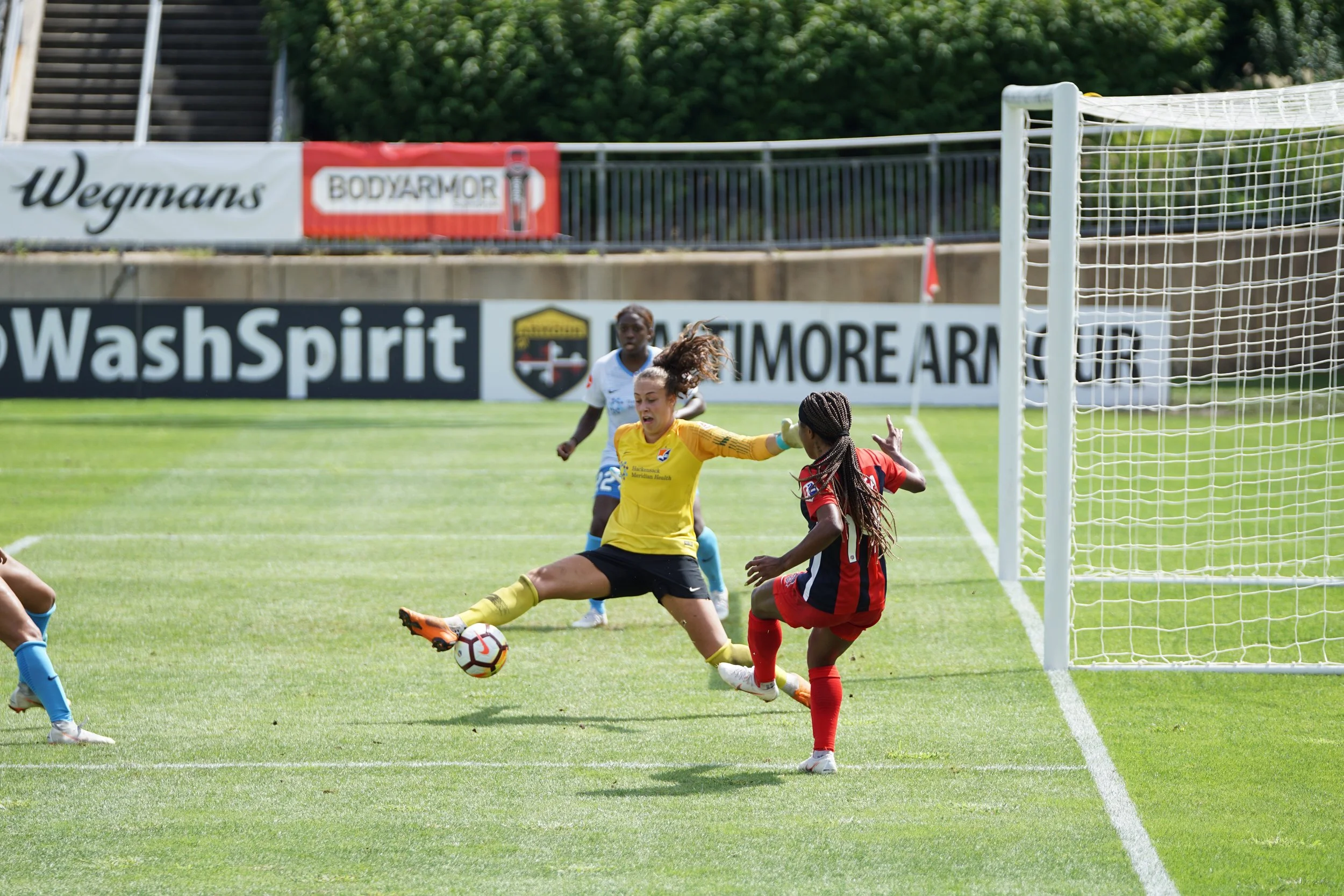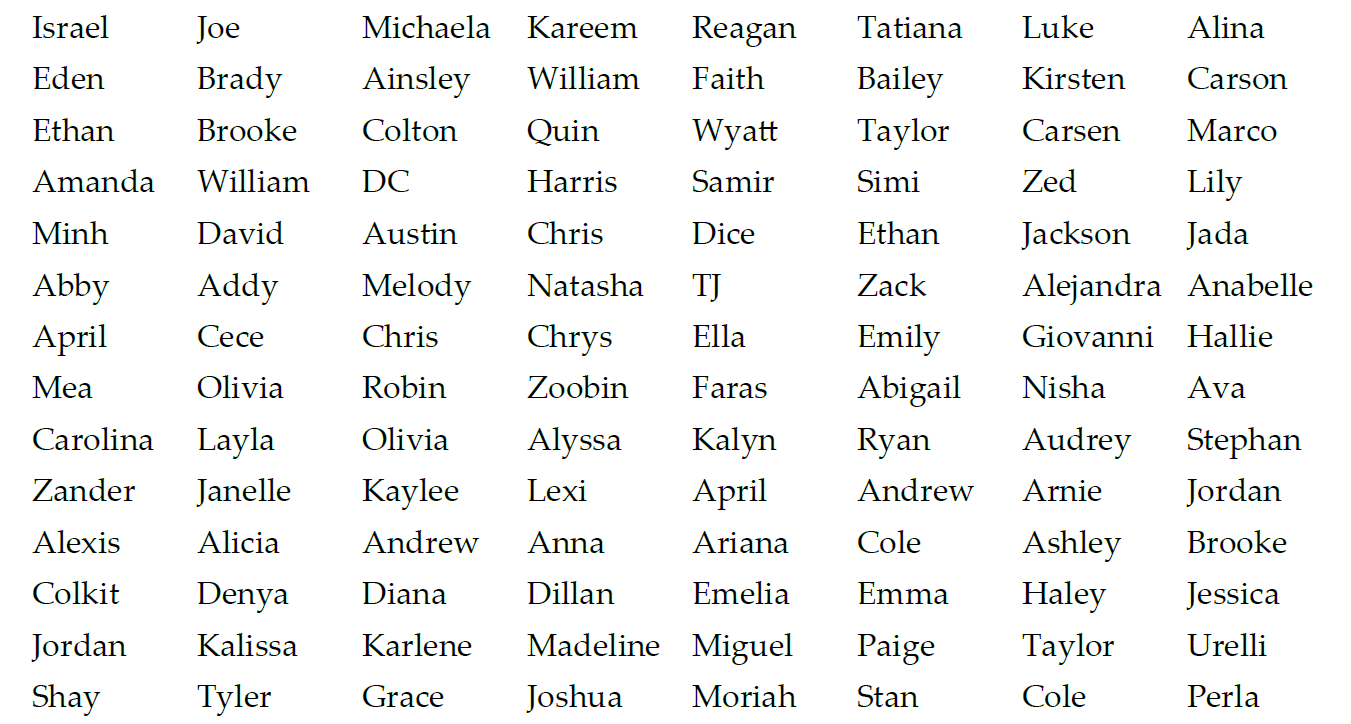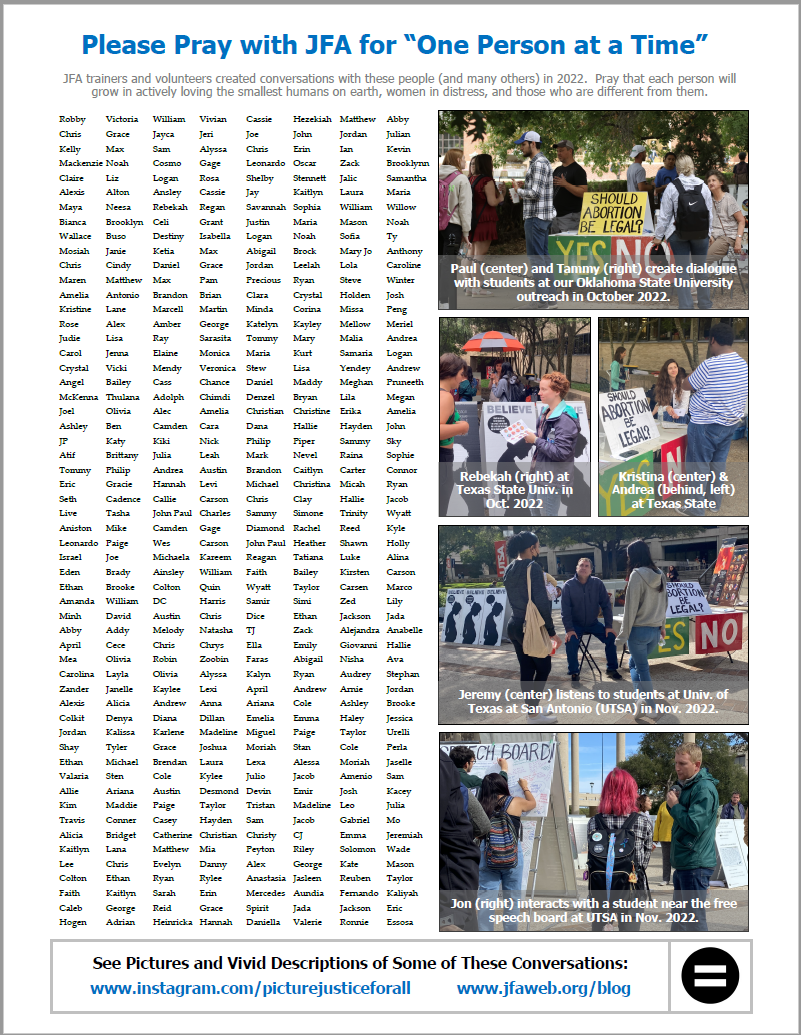June 2023 Impact Report
In this Impact Report, JFA trainer Kaitlyn Donihue illustrates the approach we train all pro-life advocates to take during one-to-one conversations about abortion: when possible, show images of abortion, and do this with a warning and the consent of the person with whom you’re speaking. We need to change a massive number of minds in order to cause the culture to become completely intolerant of elective abortion, but we don’t think a strategy that treats graphic abortion images as always necessary or always sufficient will accomplish this. Since our culture has trained all of us to be highly visual in our way of learning and thinking about the world, though, images are certainly sometimes necessary for changing certain minds. Indeed, sometimes seeing an image appears to be the key element helping a person to change. -Steve Wagner, Executive Director
There is a debate among pro-life advocates about the proper use of graphic abortion images. Some pro-life people find them persuasive and display them publicly. Other pro-life people avoid using them all together.
At Justice For All, we sometimes publicly display graphic abortion images at our outreach events, and sometimes we do not. Most importantly, though, we remind pro-life advocates of common ground we all share on this topic: Whatever your views might be about graphic images of abortion in public, can’t we all agree that in a one-on-one conversation, when you warn and get the consent of the person with whom you are speaking, showing an image of what abortion looks like can be helpful and appropriate?
The reality is that sometimes an image of what abortion looks like is the only thing that can cut through the rhetoric and clarify what abortion actually does. This was the case at Texas State University in November.
I was standing by the Free Speech Board greeting students and asking them if they had time to share their thoughts about abortion. A young man named “Ben” stopped to talk. I spent time getting to know his perspective and found common ground with his views. He was really concerned about people’s rights to make choices. After a few minutes, I began to gently challenge him. Here is how the rest of our conversation went:
Kaitlyn: I definitely agree with you that choice is really important. As a woman, I am thankful to live in a country where I have rights and the freedom to make choices. There are many countries where I, as a woman, would not have rights. This is going to sound strange, but I’m also glad that I don’t have some rights. For example, I don’t have the right to harm or kill someone on this campus and that is because my rights end where your rights begin. So with the issue of abortion, we have to ask, “Is the unborn a human being?” If the unborn isn’t a human being, then of course women should have the right to abortion; but if the unborn is a human being, then it seems like the woman’s rights should end where the unborn human being’s rights begin. What do you think about that question? Do you think the unborn is a human being?
Ben: I have never really thought about that before. I guess I don’t really know.
Kaitlyn: Do you mind if I share my understanding of what we know from the study of biology?
Ben: Sure.
Kaitlyn: If the unborn is growing, isn’t it alive?
Ben: Yeah, I guess it must be alive.
Kaitlyn: I agree with you there. If the unborn has human parents, do you think that means that the unborn are human?
Ben: Yes, I guess they would have to be.
Kaitlyn: If the unborn is living and human, then shouldn’t we protect them?
Ben: I just think choice is really important. Women should have the right to choose to do whatever they want.
Kaitlyn: I definitely agree that choice is really important, so we are on the same page there. Let’s imagine for a moment that we have two buckets. One bucket is for all of the choices that people should be allowed to make. We should all be allowed to decide what kind of ice cream we like, and what college we attend, etc. The other bucket is for the choices we shouldn’t be allowed to make. For example, we shouldn’t be allowed to choose to kill someone, or to rape someone, or to steal from someone. Which bucket do you think abortion belongs in? [See “Two Buckets” for more on this strategy.]
Ben: The first bucket.
Kaitlyn: Do you think the unborn are human beings?
Ben: Yes.
Kaitlyn: I agree with you. Do you think abortion kills those human beings?
Ben: Well, maybe abortion belongs in the second bucket, but I still think women should have the right to choose to do what they want.
Kaitlyn: Ben, have you ever seen pictures of what abortion looks like?
Ben: No.
Kaitlyn: Would you be willing to see some pictures of what abortion looks like? They are very graphic and hard to look at.
Ben: Sure.
Kaitlyn: These are pictures of what abortion looks like.
You can use JFA’s Invitation to Dialogue Brochure to show pictures with sensitivity just as Kaitlyn did. Click here to get a digital version for your phone (with hyperlinks) and to request the paper version of the brochure.
Ben got very quiet as he stared at the graphic images of abortion in our brochure (seven weeks to twelve weeks from fertilization). We stood together in silence for a minute. Finally I asked him,
Kaitlyn: Ben, do you think that a woman should be allowed to make a choice that looks like this?
Ben: No. This should not be legal.
Ben’s response surprised me. Students don’t often shift their perspective right in front of us this way. Many are not impacted by the images at all, but for others, the images help them process what abortion actually does to a human being. As Ben demonstrated, there is power in not just thinking abstractly about facts and arguments but also in seeing the truth about abortion.


























